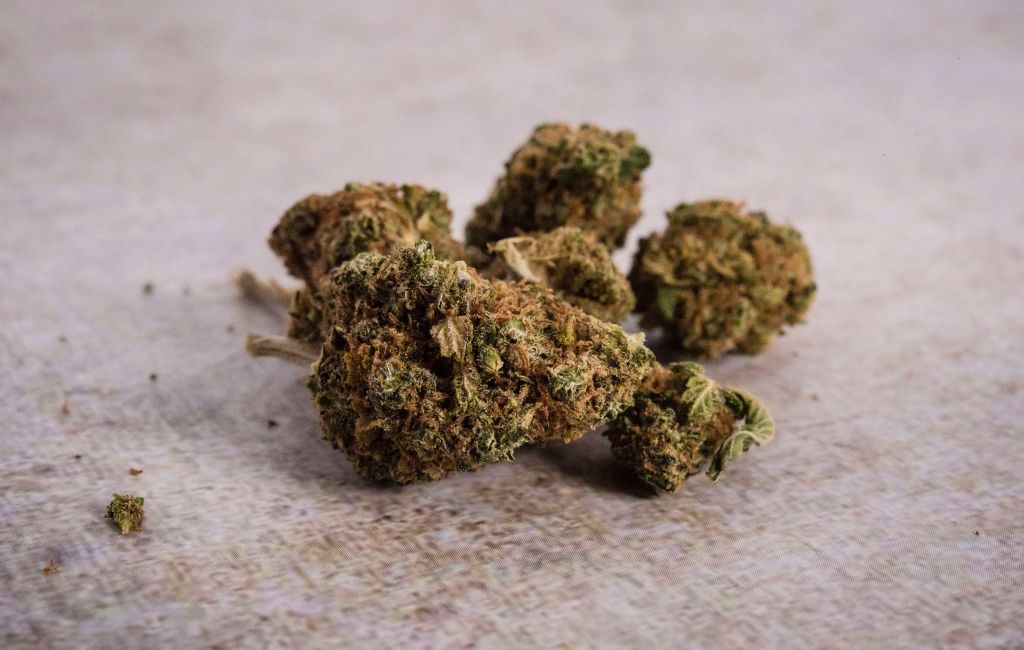THCa Flower: Experience Natural Benefits
THCa flower has been gaining attention for its potential health benefits and unique properties. This article explores what THCa flower is, its benefits, and how it can be used effectively.
Understanding THCa Flower
THCa, or tetrahydrocannabinolic acid, is a non-psychoactive cannabinoid found in raw and live cannabis. Unlike THC, THCa does not produce a high when consumed. Instead, it offers a range of potential health benefits that are being studied and appreciated by many.
What is THCa?
THCa is the acidic precursor to THC. When cannabis is heated through smoking, vaping, or cooking, THCa converts to THC, which is psychoactive. Consuming raw cannabis or using methods that do not involve heating can help retain THCa’s properties.
How is THCa Flower Different from THC Flower?
THCa flower is harvested and preserved in its raw form to maintain high levels of THCa. In contrast, THC flower is often dried and cured, which can lead to the conversion of THCa to THC. This difference is significant for those seeking the benefits of cannabis without the psychoactive effects.
Potential Health Benefits of THCa Flower
Research and anecdotal evidence suggest several potential benefits of THCa flower:
- Anti-inflammatory Properties: THCa may help reduce inflammation, making it beneficial for conditions like arthritis and other inflammatory diseases.
- Neuroprotective Effects: Studies indicate that THCa might protect brain cells, potentially aiding in the treatment of neurodegenerative diseases.
- Anti-emetic Benefits: THCa has shown promise in reducing nausea and vomiting, which can be particularly helpful for chemotherapy patients.
- Antioxidant Properties: THCa may act as an antioxidant, helping to protect cells from damage caused by free radicals.
Case Studies and Research
Several studies have highlighted the potential benefits of THCa:
- A 2013 study published in the British Journal of Pharmacology found that THCa exhibited anti-inflammatory properties in animal models.
- Research from the University of Guelph in 2017 suggested that THCa could have neuroprotective effects, potentially benefiting those with neurodegenerative conditions.
- A 2011 study in the journal Phytomedicine indicated that THCa might help reduce nausea and vomiting in animal models.
How to Use THCa Flower
There are several ways to incorporate THCa flower into your routine:
Juicing Raw Cannabis
Juicing raw cannabis leaves and flowers is a popular method to consume THCa. This method preserves the cannabinoid in its natural form, allowing you to benefit from its properties without the psychoactive effects of THC.
Topical Applications
THCa-infused topicals can be applied directly to the skin. These products may help with localized pain and inflammation, providing relief without entering the bloodstream.
Tinctures and Capsules
THCa tinctures and capsules offer a convenient way to consume THCa. These products are often made using cold extraction methods to preserve the cannabinoid’s properties.
Legal Considerations
The legal status of THCa flower varies by region. In some areas, it is considered legal as long as it does not contain significant levels of THC. Always check local regulations before purchasing or using THCa products.
Consumer Experiences
Many users have reported positive experiences with THCa flower. For example, some individuals with chronic pain have found relief without the psychoactive effects of THC. Others have used THCa for its anti-inflammatory properties, noting improvements in conditions like arthritis.
Testimonials
Jane, a 45-year-old arthritis patient, shared her experience: “Using THCa flower has significantly reduced my joint pain and inflammation. I can go about my day without the high associated with THC.”
Mark, a cancer patient undergoing chemotherapy, stated: “THCa tinctures have helped me manage nausea and maintain my appetite during treatment.”
Conclusion
THCa flower offers a range of potential health benefits without the psychoactive effects of THC. From anti-inflammatory and neuroprotective properties to anti-emetic and antioxidant benefits, THCa is gaining recognition for its therapeutic potential. Whether through juicing, topicals, or tinctures, there are various ways to incorporate THCa into your wellness routine. As always, consult with a healthcare professional before starting any new treatment.
